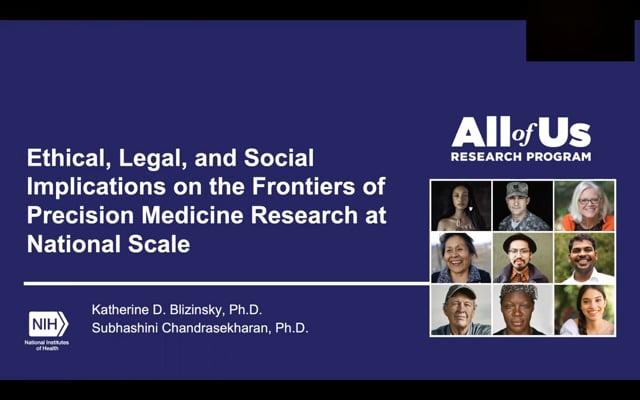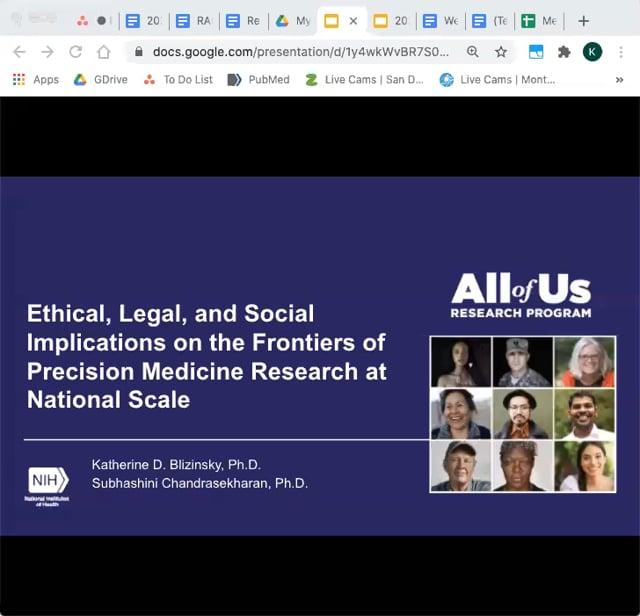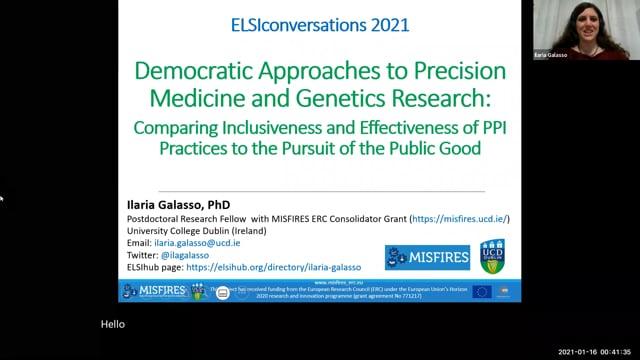Patient and family preferences on direct contact by a health system to invite cascade screening
Nora Henrikson, PhD, MPH - Kaiser Permanente and University of Washington
ELSIconversations - March 26, 2021
Background. Cascade screening is key to the promise of precision medicine, but incomplete or non-disclosure to relatives is common. Health system-mediated direct contact programs could increase risk notification and screening, but patient and family preferences are not well understood. Methods. We conducted four focus groups (n=32), based in human centered-design methodology, with either probands or adults with a family history of cancer receiving care at Kaiser Permanente Washington. We grounded the sessions in a fictional family based on real clinical cases, and a scenario where the proband asked her clinical team to inform her relatives. Using storyboard techniques, participants individually proposed a direct contact process, then discussed the benefits and concerns of each. We conducted thematic analysis of the storyboards and the focus group transcripts. Results. Participants articulated several benefits of direct contact, including increased awareness, access to clinical testing and follow up, and clinical benefit. Concerns included protecting privacy of both index patients and relatives, of honoring relatives’ right not to know, and insurance discrimination. Multiple participants independently suggested a pre-consent process, where both patient and relatives provide permission to be informed before results become available; this was endorsed by other participants. Preferences differed about which team member would contact relatives, how relatives would be contacted, and what messages were used. Participants suggested that clear communication and follow-up steps were priorities. Conclusions. Human-centered design is a valuable method for rapidly eliciting preferences and meaningfully engaging patients and families in a novel direct contact program.
Tags
Videos in Series
-
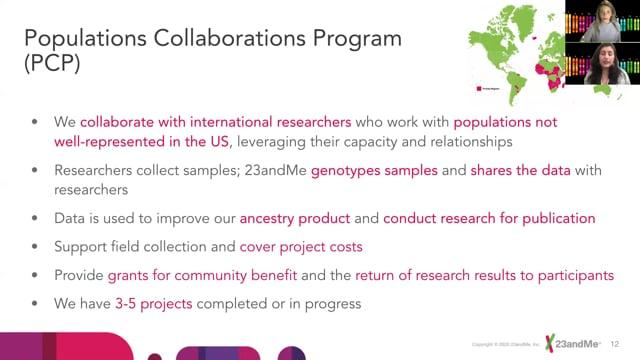
ELSIconversations 1: ELSIcon2020 - A Prospectus on Ethical Issues in the Context of Collaborations Between Academic and Non-academic Institutions on Genetics Research
-
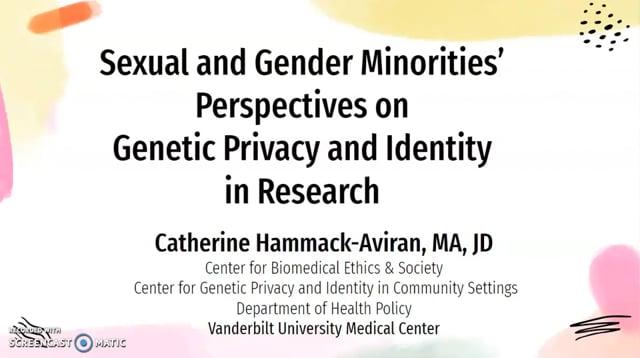
ELSIconversations 1: ELSIcon2020 - Sexual and Gender Minorities’ Perspectives on Genetic Privacy and Identity in Research
-
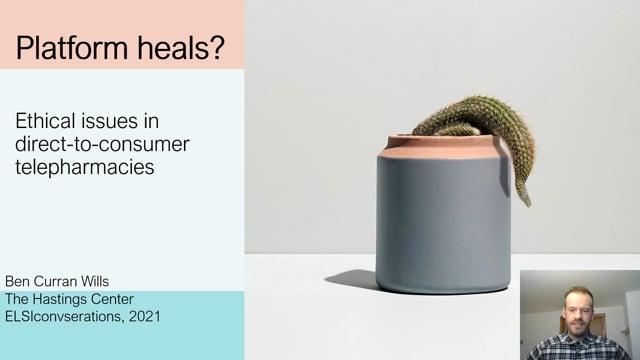
ELSIconversations 1: ELSIcon2020 - Platform Heals? Ethical Issues in Direct-to-consumer Telepharmacies
-
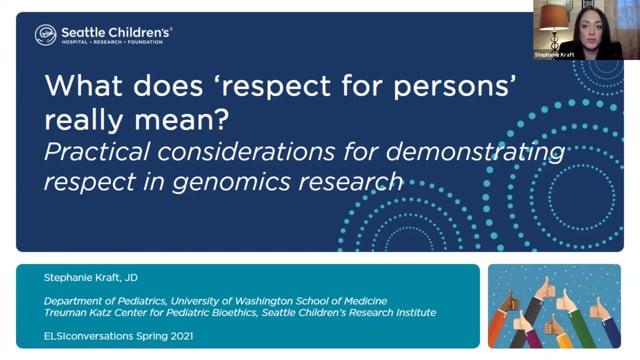
ELSIconversations 1: ELSIcon2020 - What does ‘respect for persons’ really mean? Practical considerations for demonstrating respect in genomics research
-
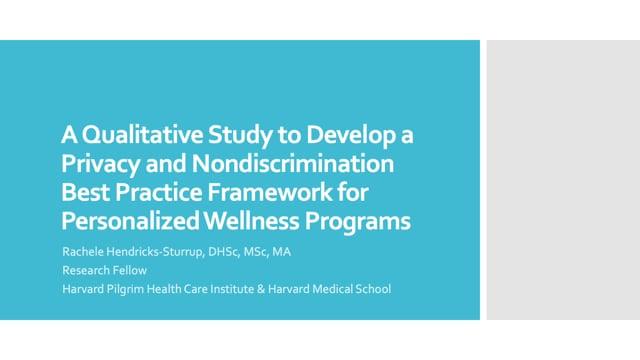
ELSIconversations 1: ELSIcon2020 - A Qualitative Study to Develop a Privacy and Nondiscrimination Best Practice Framework for Personalized Wellness Programs
-
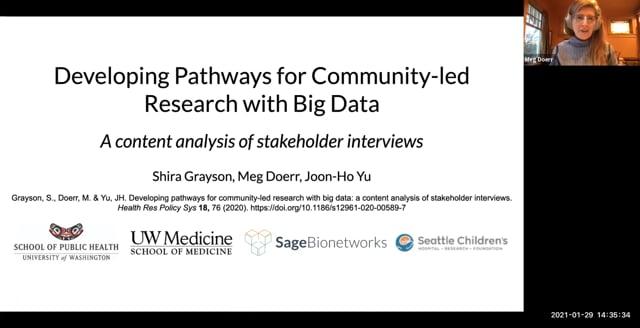
ELSIconversations 1: ELSIcon2020 - Developing Pathways for Community-led Research with Big Data: A Content Analysis of Stakeholder Interviews
-
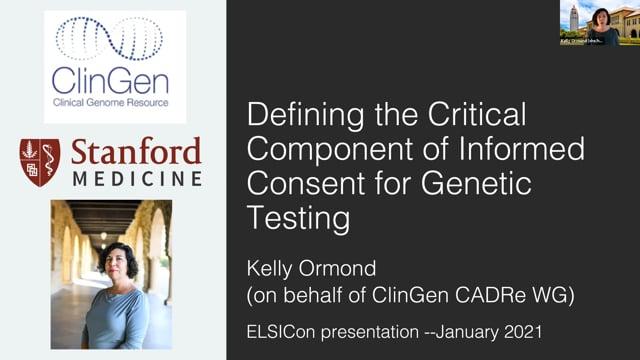
ELSIconversations 1: ELSIcon2020 - Defining the Critical Components of Informed Consent for Genetic Testing
-
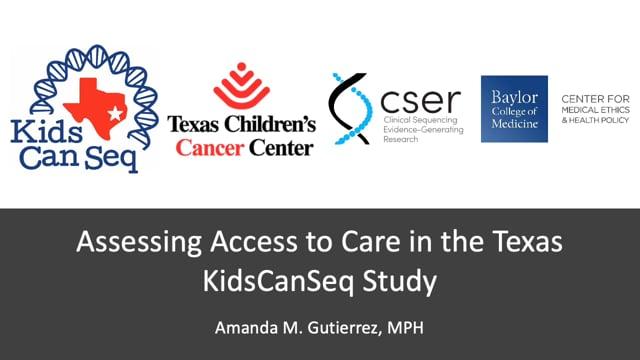
ELSIconversations 1: ELSIcon2020 - Part 2. Assessing Access to Care in the Clinical Sequencing Evidence-Generating Research Consortium: Contexts and Challenges
-

ELSIconversations 1: ELSIcon2020 - Which Public, What Comments? An Analysis of Public Comments on Human-Animal Chimera Research Submitted to the National Institutes of Health
-
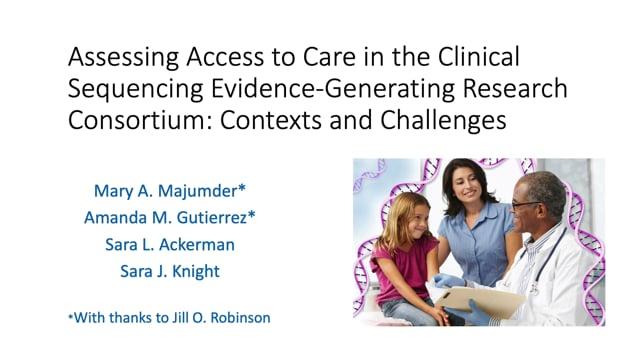
ELSIconversations 1: ELSIcon2020 - Part 1. Assessing Access to Care in the Clinical Sequencing Evidence-Generating Research Consortium: Contexts and Challenges
-
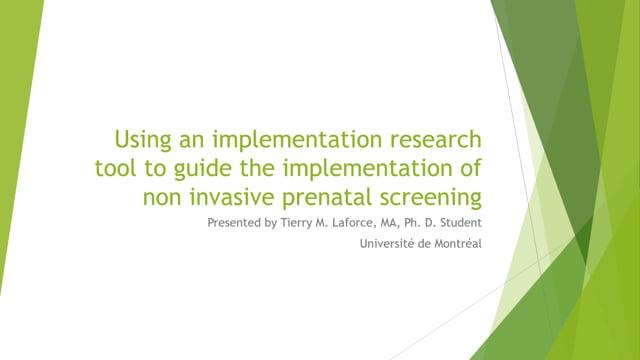
ELSIconversations 1: ELSIcon2020 - Using an implementation research tool to guide the implementation of non-invasive prenatal screening
-
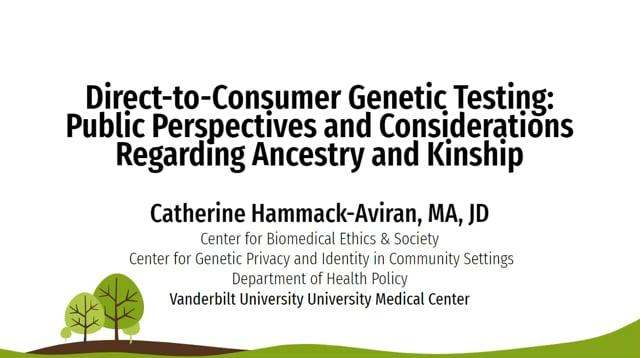
ELSIconversations 1: ELSIcon2020 - Direct-to-Consumer Genetic Testing: Public Perspectives and Considerations Regarding Ancestry and Kinship
-
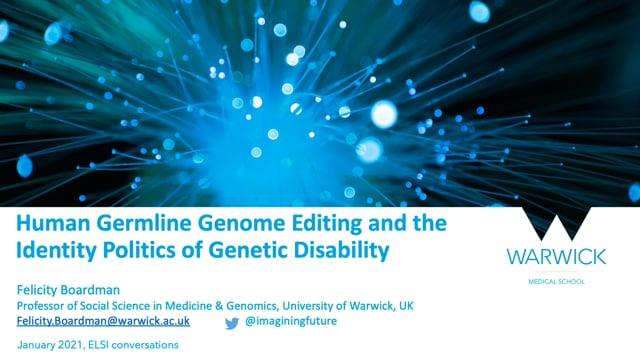
ELSIconversations 1: ELSIcon2020 - Human Germline Genome Editing and the Identity Politics of Genetic Disability
-
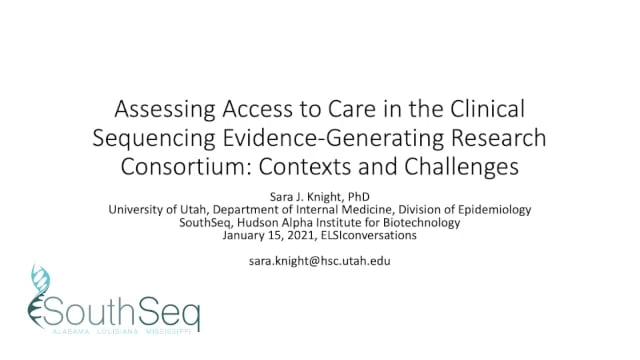
ELSIconversations 1: ELSIcon2020 - Part 4. Assessing Access to Care in the Clinical Sequencing Evidence-Generating Research Consortium: Contexts and Challenges
-
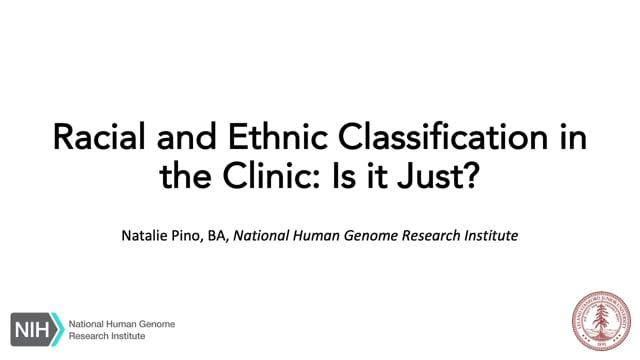
ELSIconversations 1: ELSIcon2020 - Racial and Ethnic Classification in the Clinic: Is it Just?
-
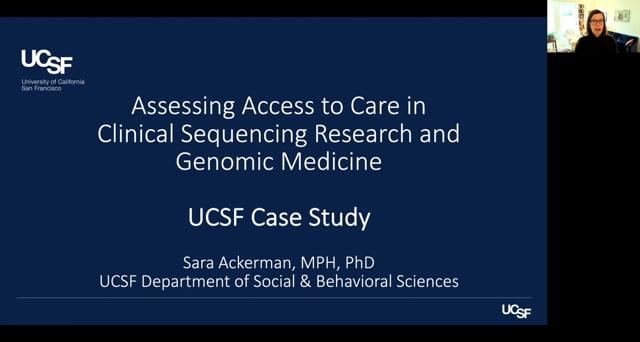
ELSIconversations 1: ELSIcon2020 - Part 3. Assessing Access to Care in the Clinical Sequencing Evidence-Generating Research Consortium: Contexts and Challenges

